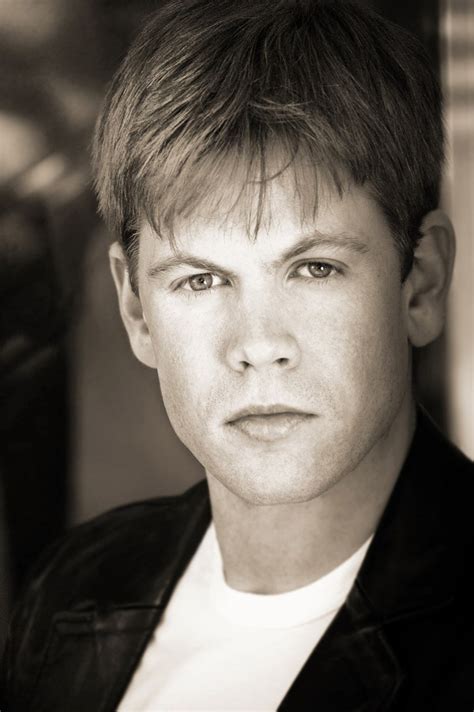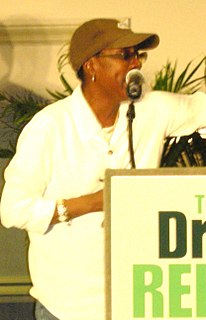A Quote by Don Lemon
I think young people don't really know that much about the Civil Rights Movement and about the history of African Americans in this country. It's not taught enough in school.
Related Quotes
I don't think there are any pure Africans of the African Americans, but the African part of our history was pretty much taken away from us during slavery, so the 60s gave us a chance, because of the civil rights movement, to kind of re-examine and make some sort of formal connection to our African-ness.
Up until, really, Roosevelt, African-Americans largely voted ninety per cent Republican. That was the political origins, that's what their political voice was in the Republican party. During that history, that last sixty or seventy years of history, the Republican party effectively walked away from the community. They were afraid to really embrace civil rights even though they embraced civil rights legislation. And so it's not enough to just to put it on paper, you gotta actually show up and be in the community, and understand what that struggle was really about.
That was exciting to be able to comment on civil rights. I mean, the civil rights movement that young people don't know about today, but Martin Luther King was considered by the establishment press in the early years of the sit-in movement as a dangerous man, and he was the equivalent at that time as Malcolm X. And he was told to stop his demonstrations; they were against the law and all of that. Now that he's sainted and sanctified we've forgotten.
I'm not against knowing the history of white people in the U.S. - that's not the point. The point is that there's so much greater history. We don't know about Native Americans. Very basically, we don't know that much about African American history, except that they were enslaved. You only get bits and pieces.
When I speak to students about the Civil Rights Movement, I say that it is impossible to stop a determined movement that is captivating the American consciousness. I think the candidacy of Sen. Obama represents the beginning of a new movement in American political history that began in the hearts and minds of the people of this nation. And I want to be on the side of the people, on the side of the spirit of history.
The gay rights movement of recent years has been an inspiring victory for humanity and it is in the tradition of the civil rights movement when I was a young boy in the South, the women's suffrage movement when my mother was a young woman in Tennessee, the abolition movement much farther back, and the anti-apartheid movement when I was in the House of Representatives. All of these movements have one thing in common: the opposition to progress was rooted in an outdated understanding of morality.

































